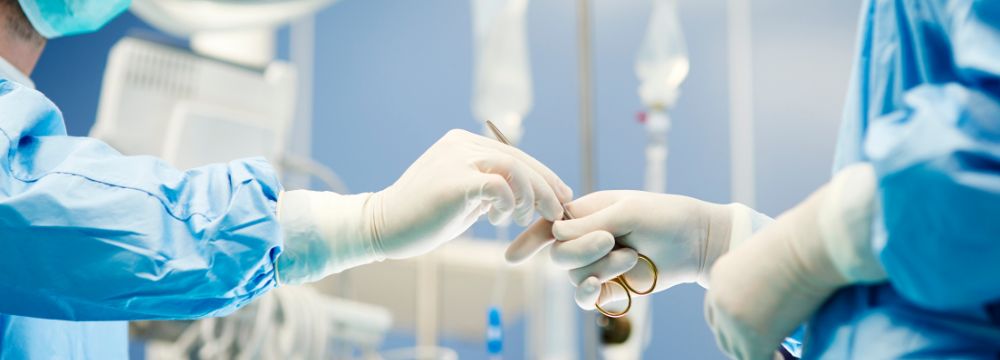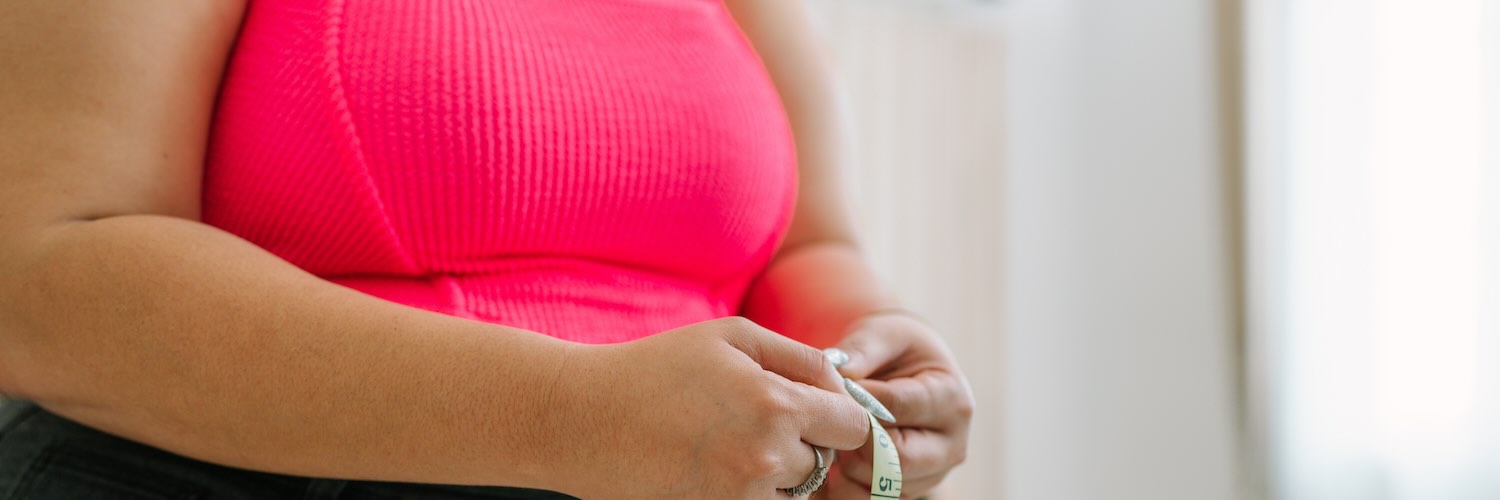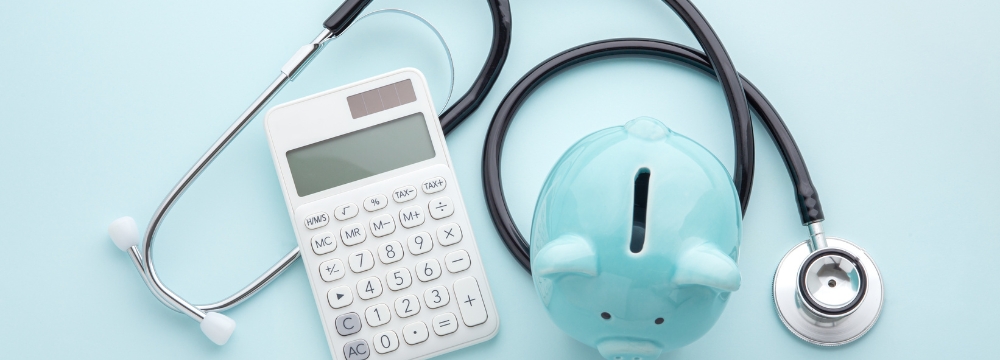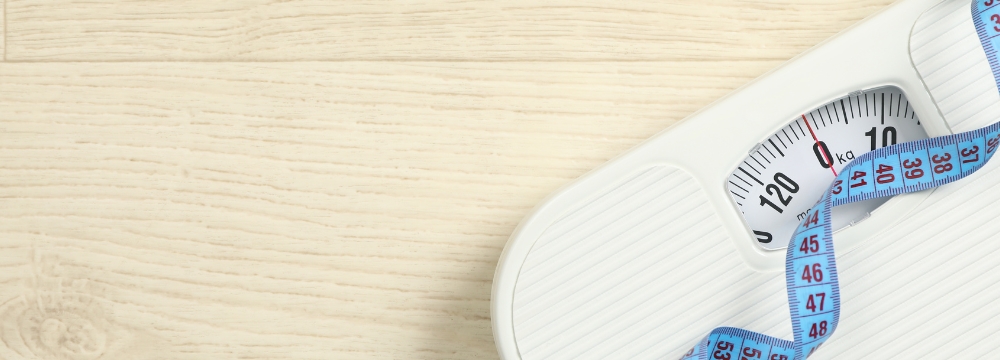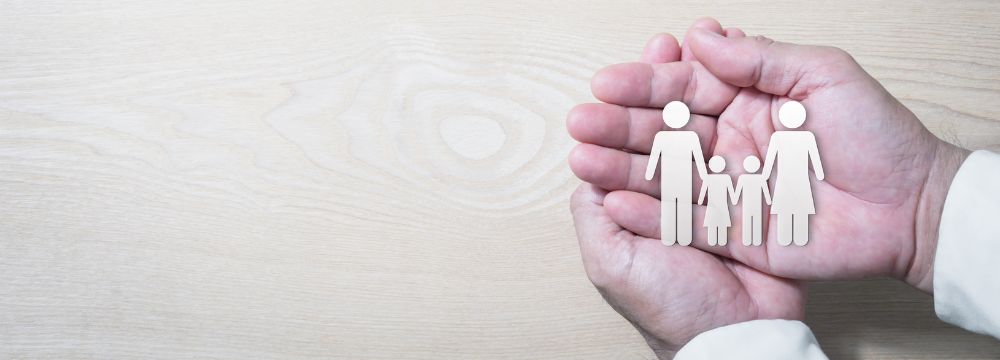Gallbladder
Of the many questions you will want to ask before surgery, understanding gallbladder disease and how it relates to your bariatric procedure should be on your list. It’s well known that obese female patients in their fertile years – prime candidates for bariatric surgery – are at significantly higher risk of developing symptomatic gallstones. To answer this question, we must distinguish gallstones from symptomatic gallstones. Gallstones are extremely common and can form in just about anyone. Typically, there are several risk factors, the least of which is yo-yo dieting, which many patients experience throughout their lives before having bariatric surgery.
However, simply having gallstones does not mean you need to have your gallbladder removed. Only about 10% of patients experience symptomatic gallstones that require removal. Gallbladder disease is usually pronounced and includes pain in the upper right quadrant of the abdomen under the rib cage, especially after a fatty or large meal. Subsequent nausea and vomiting typically worsen as the gallstones block the outflow of bile from the gallbladder.
If the Risk Is So High, Should the Gallbladder Be Removed?
In truth, the risk of symptomatic call stones is relatively low. As such, we will only consider gallbladder removal during a primary bariatric procedure if the patient is experiencing active gallbladder symptoms. Otherwise, the concern is small enough that removing the gallbladder during surgery does not make sense.
How Do I Prevent Gallstones From Occurring After Bariatric Surgery?
This is a great question that we want to emphasize. You don’t want to undergo a second procedure after your bariatric surgery, and there are ways to further minimize the risk of symptomatic gallstones.
You will be losing a significant and consistent amount of weight after your bariatric surgery. If you lose this weight too quickly, it can increase the risk of gallstone formation. However, there are a few benefits of bariatric surgery on your side. First, your bariatric procedure and postoperative diet “force” you to eat healthy foods and nothing overly fatty. Second, you will eat far less food than you would have otherwise. This means your liver will produce consistently less bile, and your gallbladder won’t have many ups and downs.
Part of your postoperative diet will also include a significant increase in water intake. This is critically important to reducing the amount of “sludge” in your gallbladder, which can create a perfect environment for subsequent gallstone formation. Maintaining that high-quality hydration will not help your weight loss and make you feel better but also help ward off the prospect of gallstones.
So, there you have it. We likely won’t remove your gallbladder during your bariatric procedure unless you visit us with active gallbladder disease, like gallstones. If we need to remove the gallbladder, the process is straightforward and can be done during a single anesthesia event. Further, if your gallbladder is removed during bariatric surgery, you won’t have to worry about additional recovery concerns. There are few limitations after gallbladder surgery and none in addition to recovery from the primary bariatric procedure.
For answers to these questions and any others you may have, we encourage you to contact our office and speak to our team. You can also schedule a consultation with Dr. Higa to learn more and better understand what to expect after bariatric and gallbladder surgery.


